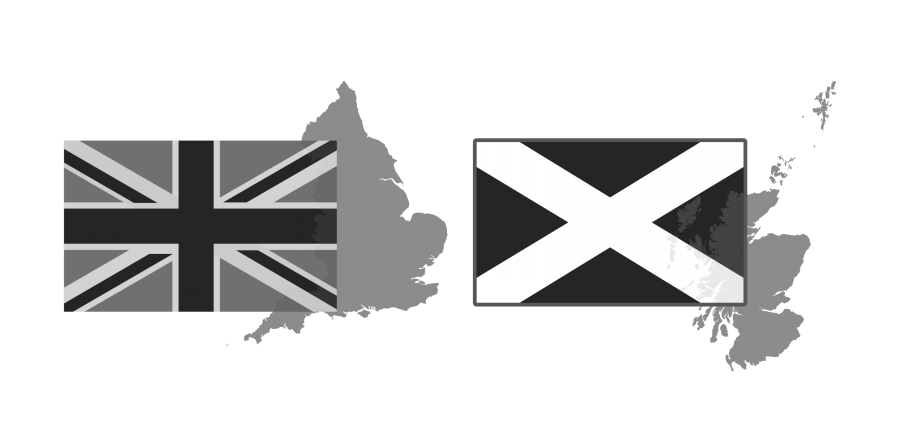By Dot Armstrong
Like most other Americans, Brexit has me mystified and concerned. Like most other left-leaning white folks with Scottish ancestry, I’ve considered Scottish independence a decent idea. The two issues are now inextricable. Britain filed for divorce from the EU on Wednesday. In the wake of the break-up, Scotland rallied around an old cause: independence. The turmoil of Brexit inspired Scottish Prime Minister Nicola Sturgeon to propose a referendum, supported 69 to 59 by the Scottish Parliament. Her referendum for independence, however, was shot down by U.K. Prime Minister Theresa May because of a crisis of bad timing. May maintains that the renewed discussion over independence must wait until Britain’s separation from the EU has been completed — a process that will take at least two years.Things have really gone “tatties o’wer the side,” as the Scots might say, for everyone across the pond. And the case for Scottish independence has never been more complicated. The situation boils down to the familiar Clash lyric, “If I go, there will be trouble/if I stay, it will be double.”
The Yes Scotland campaign raised the nationalist hopes of eager separatists the first time around; though the country did not emerge victorious in the battle for independence, the Yes Scotland folks stirred up enthusiasm about preserving Scottish identity and politics separate from Britain, an argument that proved quite tenacious. In 2014, such a case had me waving the Cross of St. Andrew along with the other kilt-wearing Yes men. But those were different times. Now, Scottish independence is tangled in much larger problems — which cannot be addressed with nationalist sentiment only. The idea of a sovereign Scotland liberated from the tyranny of British authority sways the spirit, but it’s the economic facts of the matter that must be considered first.
Scottish independence sounds great, and Britain is proving less stable by the minute. But how does Scotland propose to support itself without Britain? It’s economic independence rather than cultural or ideological freedom that is key here. The Yes campaign boasted that stability would come from North Sea oil revenue. Not quite. The Washington Post described a steady decline in North Sea oil resources since 1999, stating that production has decreased by 74 percent. The production estimates, even in 2014, slid from 24 billion barrels to a paltry 15 billion to 16 billion barrels. Numerous voices from the Scottish oil industry expose this significant flaw in the independence plan.
Additionally, a recent article in the Guardian suggests the Scottish populace isn’t in complete accordance with Sturgeon on complete independence. Public-opinion surveys are easy to manipulate and may not tell the entire story. But the statistics cited indicate a nuanced response to what seems a simple split. The crux of the study: Most Scots are considering leaving Britain but staying in the EU.
Either way, Britain is out the door, and May doesn’t have time for a Scottish referendum. Scotland, it seems, must “keep the heid” while Britain wrestles through the complexities of Brexit — like any kid during a divorce, Scotland holds a great deal of bargaining power.



